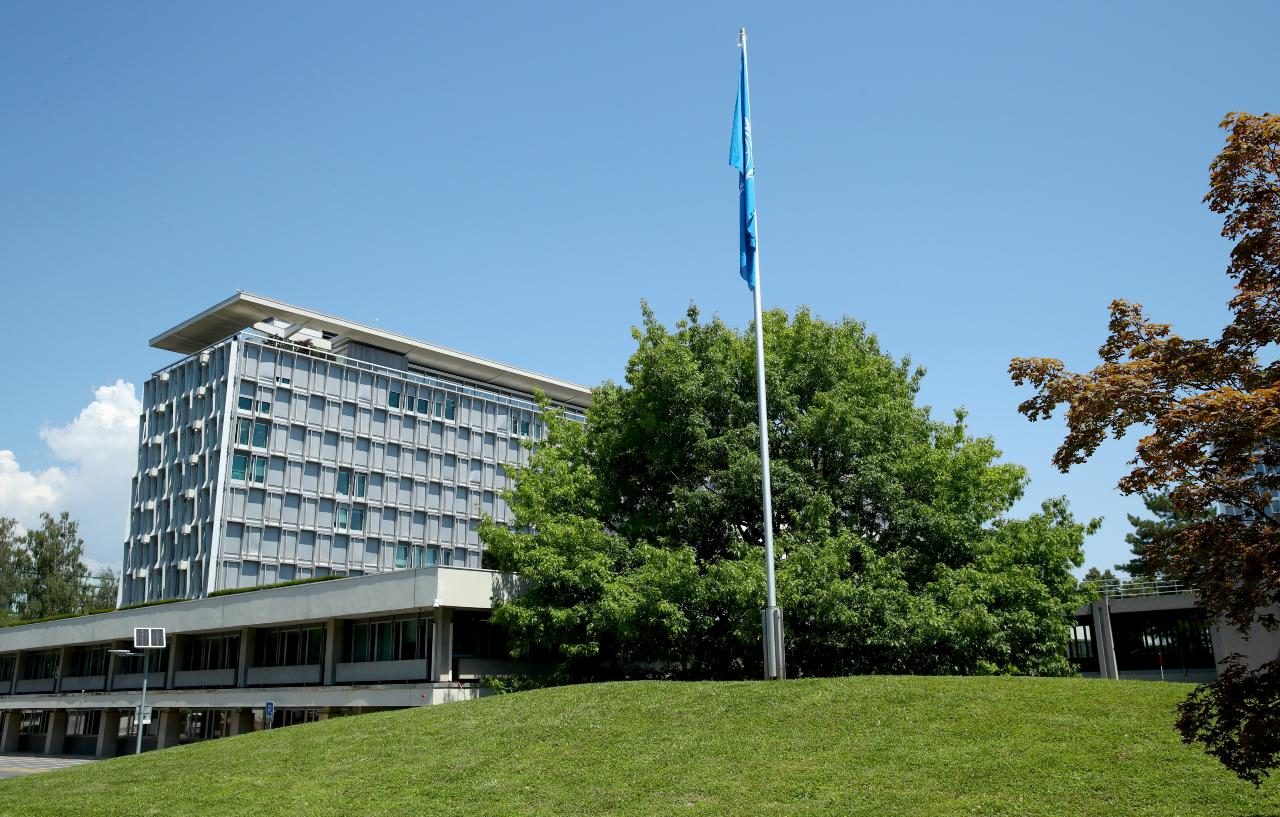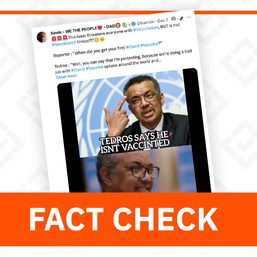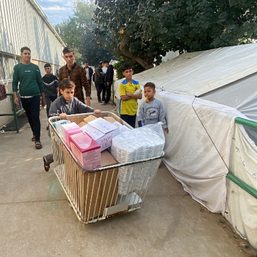SUMMARY
This is AI generated summarization, which may have errors. For context, always refer to the full article.

The World Health Organization (WHO) issued fresh clinical advice on Tuesday, January 26, for treating COVID-19 patients, including those displaying persistent symptoms after recovery, and also said it advised using low-dose anti-coagulants to prevent blood clots.
“The other things in the guidance that are new are that COVID-19 patients at home should have the use of pulse oximetry, that’s measuring the oxygen levels, so you can identify whether somewhat at home is deteriorating and would be better off having hospital care,” WHO spokeswoman Margaret Harris told a UN briefing in Geneva.
The WHO advised clinicians to put patients into the awake prone position, on their front, shown to improve the oxygen flow, she said.
“Also we recommend, we suggest the use, of low-dose anti-coagulents to prevent blood clots forming in blood vessels. We suggest the use of lower doses rather than higher doses because higher doses may lead to other problems,” Harris said.
She added that a WHO-led team of independent experts, currently in the central Chinese city of Wuhan where the first human cases were detected in December 2019, is due to leave quarantine in the next two days to pursue its work with Chinese researchers on the virus origins.
She declined to comment on reports of delays in roll-out of vaccines in the European Union. She said she had no specific data and the WHO’s priority was for health workers in all countries to be vaccinated in the first 100 days of the year.
AstraZeneca, which developed its shot with Oxford University, told the EU on Friday, January 22, it could not meet agreed supply targets up to the end of March. – Rappler.com
Add a comment
How does this make you feel?





There are no comments yet. Add your comment to start the conversation.